√99以上 anatomy and physiology of nose and paranasal sinuses 291040-Anatomy and physiology of nose and paranasal sinuses
Applied anatomy and physiology of the nose and paranasal sinuses Breathing through and in the early the nose is vital for most animal species life of humans The nose has a more complex role than just a simple tubelike airway the anatomy of the nose is quite particular and its different functions are highly specificIntroduction to sinus disease I Anatomy and physiology Krouse JH(1) Author information (1)Department of OtolaryngologyHead and Neck Surgery, College of Medicine, University of Florida, Gainesville, USA Chronic rhinosinusitis is the most common chronic illness inNov 01, 12 · The anatomy of the nasal and paranasal cavities supports the numerous functions involved in the protection of the lower respiratory tract The nose and paranasal

Anatomy And Physiology Of The Nose And Paranasal Sinuses Docx د علي عبد Muhadharaty
Anatomy and physiology of nose and paranasal sinuses
Anatomy and physiology of nose and paranasal sinuses-Comprehensive studies on the comparative anatomy and physiology of the nose and paranasal sinuses have been made in humans and in lower animals The presence of the sphenoidal and frontal sinuses in carnivores such as the dog, hyena, and tiger is related to an increased area of olfaction and consequent improvement in the sense of smell(Anatomy and Physiology of Nose and Paranasal Air Sinuses) (nose) และโพรงอากาศข างจมูก หรือไซนัส (paranasal sinus) มีความ (anatomy) และสรีรวิทยา (physiology) ของจมูก และไซนัสเสียก อน




Anatomy And Physiology Paranasal Sinuses
May 31, 21 · The maxillary sinuses are the largest of the all the paranasal sinuses They have thin walls which are often penetrated by the long roots of the posterior maxillary teethThe superior border of this sinus is the bony orbit, the inferior is the maxillary alveolar bone and corresponding tooth roots, the medial border is made up of the nasal cavity and the lateral and anterior borderComparative anatomy and physiology of the nose and paranasal sinuses By Sir Victor Negus, Hon DSc (Manch), MS (Lond), FR CS (Eng), Consulting Surgeon to the Ear, Nose, and Throat Department, King's College Hospital 9¾ × 6½ in Pp 402 xv, with 178 illustrations 1958 Edinburgh and London E & S Livingstone Ltd 70sJun 29, 07 · Biggs, N L, Blanton, P L ( 1970) The role of paranasal sinuses as weight reducers of the head determined by electromyography of postural neck muscles Journal of Biomechanics, 3 255 – 262 CrossRef Google Scholar PubMed Blaney, S P A ( 1986) An allometric study of the frontal sinus in Gorilla, Pan and Pongo
READ MORE BELOW!In this video, we explore the 4 paranasal sinuses and what their proposed functions areINSTAGRAM @thecatalystuniversityI'm starting an Ins14 Baroody FM Nasal and paranasal sinus anatomy and physiology Clin Allergy Immunol 19 (07)1–21 15 Krouse JH Introduction to sinus disease I Anatomy and physiology ORL Head Neck Nurs 17 (1999)7–12Anatomy & Physiology Week 2A Paranasal Sinuses, Nasal Septum, and Hard Palate Paranasal sinus Ethmoid Sinus Frontal Sinus Maxillary Sinus a group of four paired airfilled spaces that surround the nas Mucosa lined air spaces located above the Sphenoid Sinus and b one of a pair of cavities in the frontal bone
Like, comment and subscribe for more videosSep 23, 01 · The paranasal sinuses and nose are much more than two cavities behind a projection on the centre of the face They humidify, filter, warm, and sense what we breathe The anatomy and physiology interact forming a dynamic system The anatomy, airflow, nasal resistance, its turbulence, the nasal cycle – a process by which the turbinates orIn this review, anatomy and physiology of the respiratory mucosa of nose and paranasal sinuses are summarized under the aspect of its clinical significance Basics of endonasal cleaning including mucociliary clearance and nasal reflexes, as well as defence mechanisms are explained



Www Orl Hno Ch Fileadmin User Upload Dokumente Veranstaltungen Sommerschule Sommerschule 18 18 Anatomy Physiology Nose Paranasal Sinuses Handout Pdf



Http Onlinelibrary Wiley Com Doi 10 1111 J 1398 9995 1999 Tb X Pdf Jsessionid 1748bcc624a7c3ee1526cd4cadf991cf D04t04
A comprehensive review article concerning the physiology, development and imaging anatomy was undertaken Methods Relevant literature pertaining to the physiology of the sinonasal cavity, development of the paranasal sinuses and imaging anatomy of the maxilla and maxillary sinus from 00 to 19 was reviewed Emphasis was placed on literatureEssential for both Medical and non medical students to learn about the basic Anatomy of Nose, Nasal and Paranasal Sinus and their functions Article by Paediatric 99 Respiratory System Anatomy Paranasal Sinuses Maxillary Sinus Internal Carotid Artery Sinus Surgery Nasal Septum Medical Anatomy Dental Anatomy More informationThe paranasal sinus region is one of the most complex areas of the human body and is consequently very difficult to study The surgical anatomy of the nose and paranasal sinuses is published with great detail in most standard textbooks, but it is the purpose of this chapter to describe those structures in a very clear and systematic
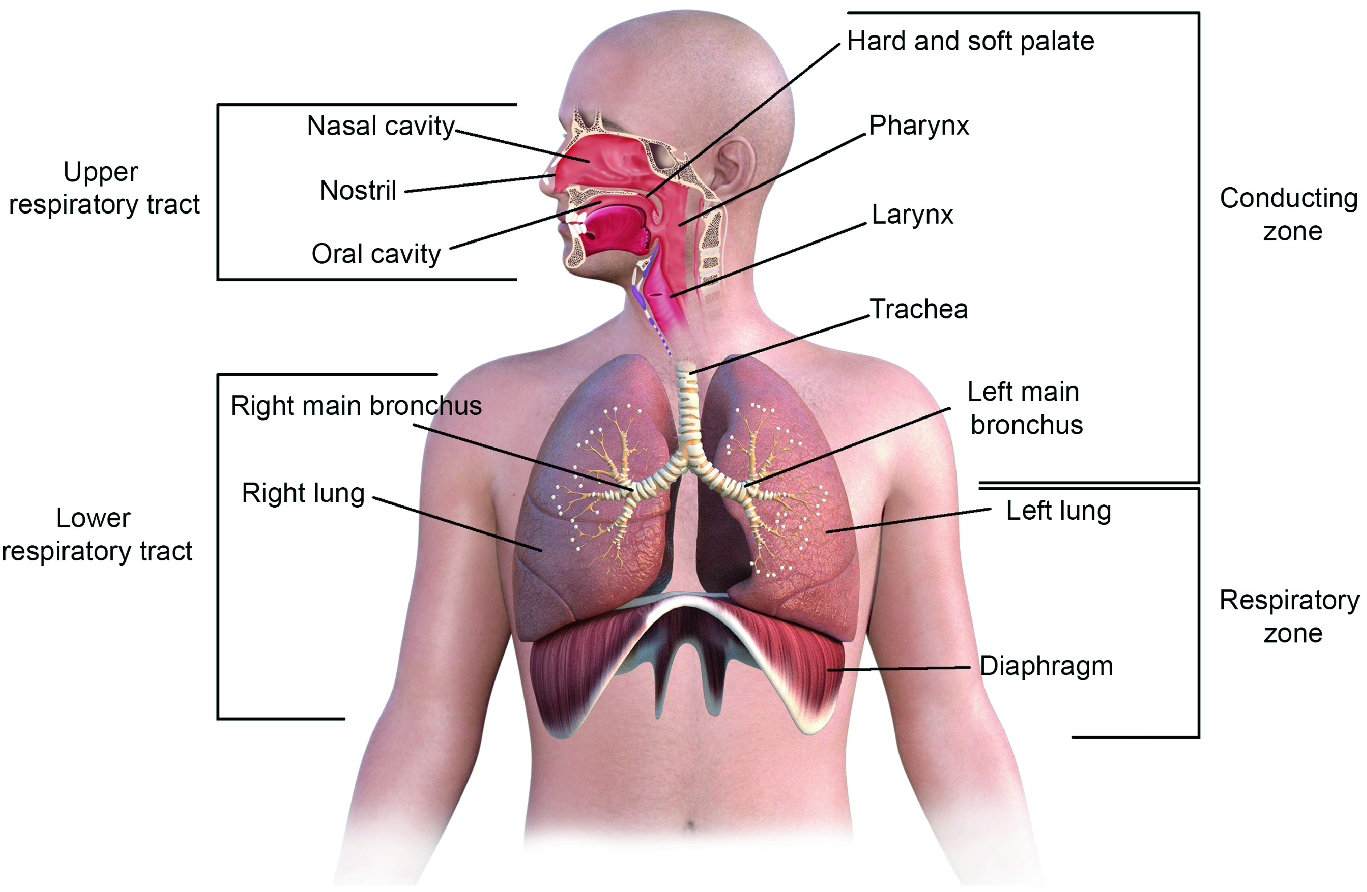



Anatomy And Physiology Of The Human Nose Springerlink



Http Onlinelibrary Wiley Com Doi 10 1111 J 1398 9995 1999 Tb X Pdf Jsessionid 1748bcc624a7c3ee1526cd4cadf991cf D04t04
Anatomy and Physiology of the Nose and Paranasal Sinuses PD Dr med Basile N Landis Unité de RhinologieOlfactologie Service d'OtoRhinoLaryngologie et de Chirurgie cervicofaciale, Hôpitaux Universitaires de Genève, SuisseAug 08, 16 · 2 Endoscopic Anatomy of the Nose and Paranasal Sinuses Anatomical textbooks and atlases offer very accurate descriptions of the structure and topography of the nose and the paranasal sinuses, but the details have been worked out from macroscopic laminar sections on cadaver dissections However, intranasal surgeons must be able to orientate themselves lookingAug 13, · The nose and paranasal sinuses are part of the upper respiratory tract The functions of the nose include the sense of smell and conditioning of inhaled air by warming it and making it more humid Hairs inside the nose prevent large particles from entering the lungs Nasal mucosa and cilia help prevent pathogens and dust from reaching the lungs




Pdf Physiology And Pathophysiology Of Respiratory Mucosa Of The Nose And The Paranasal Sinuses



1
Importance This led to numerous clinical anatomy papers and much discussion about the exact names and definitions for the structures of surgical relevance This European Position Paper on the Anatomical Terminology of the Internal Nose and Paranasal Sinuses was conceived to reevaluate the anatomical terms in common usage by endoscopic sinus54 Suppl (ISSN ) Watelet JB;Aug 28, 16 · ANATOMY AND PHYSIOLOGY OF PARANASAL SINUSES NAVEENK 2 Air filled spaces present within certain bones of the skull, around the nasal cavities




Anatomy And Physiology Paranasal Sinuses




Nasal And Paranasal Sinus Anatomy And Embryology Ento Key
Jun 05, 16 · The nose has an important protective role in filtering, humidifying and warming inspired air The nose, as part of the respiratory tract, is prone to acute infection and allergic phenomena Since the paranasal sinuses drain via the nose, sinus disease is frequently due to primary problems in the noseApplied anatomy and physiology of the nose and paranasal sinuses Allergy 1999;Anatomy of Paranasal Sinuses Nurul Syazwani Ramli Paranasal Sinuses The paranasal sinuses are aircontaining cavities found in the interior of the maxilla, frontal, sphenoid, and ethmoid bones They are lined with mucoperiosteum and filled with air They communicate with the nasal cavity through relatively small apertures The maxillary and ethmoid sinuses are present in a rudimentary




Respiratory System Anatomy
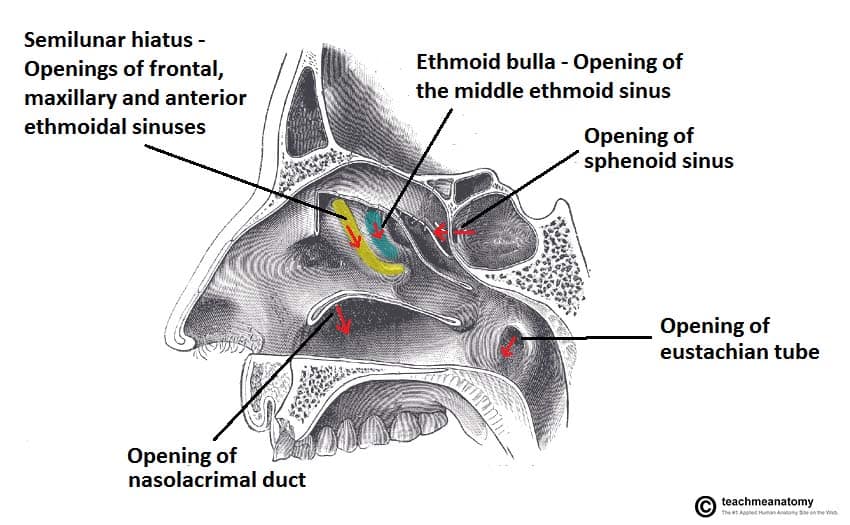



The Paranasal Sinuses Structure Function Teachmeanatomy
Anatomy and physiology of the nose and paranasal sinuses EXTERNAL NOSE The external nose is pyramidal in shape the ant Nares situated in the base of the nose and open downwards they are separated by columella Bony constituents Support the upper part of the external nose 1nasal processes of the frontal bones 2nasal bonesThe Nose and Sinuses;The paranasal sinuses open into the lateral wall of the nose and form a system of aerated chambers within the facial skeleton Pneumatization of the sinuses are airfilled spaced, which reduces the weight of the skull The voice also resonates in the sinuses and nose, providing character to speech




The Nasal Cavity And Paranasal Sinuses Canadian Cancer Society
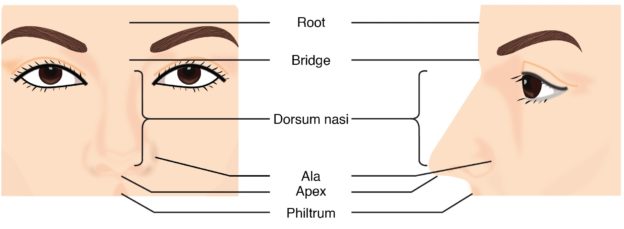



Nose Anatomy And Histology Of The Human Nose Medical Library
The Paranasal Sinuses View Article The Nasal Cavity View Article Anatomy Video Lectures START NOW FOR FREE TeachMe Anatomy Part of the TeachMe Series The medical information on this site is provided as an information resource only, and is not to be used or relied on for any diagnostic or treatment purposesAnatomy of the nose and sinuses » To gain understanding of the basic embryology of the paranasal sinuses and its influence on the surgical anatomy » To gain understanding of the special named sinuses » To gain understanding of the spaces of the sinuses •Anterior Ethmoid AIn the early 1970s, Professor Walter Messerklinger began his investigations into the anatomy and physiology of the paranasal sinuses and the pathogenesis of sinusitis
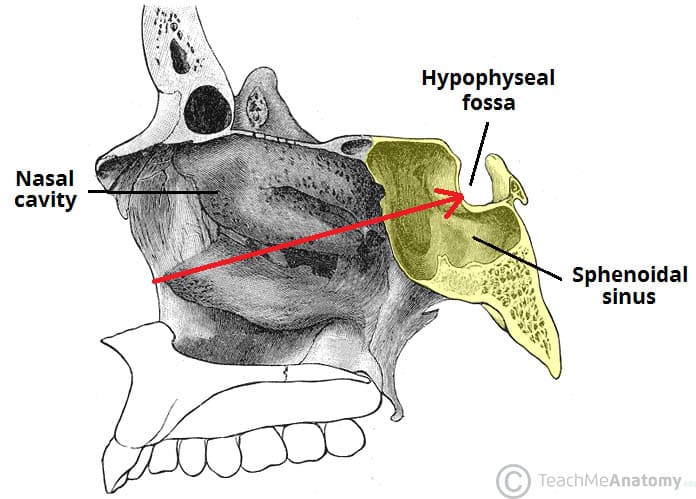



The Paranasal Sinuses Structure Function Teachmeanatomy




Comparative Anatomy And Physiology Of Nose And Paranasal Sinuses Negus Sir V Amazon Com Books
Full text Full text is available as a scanned copy of the original print version Get a printable copy (PDF file) of the complete article (157K), or click on a page image below to browse page by pageDec 06, 17 · from anatomy nerds;Jun 16, 10 · Drainage of Mucus and Function of Paranasal SinusesThe mucus produced by the mucous membrane is moved into the nose by ciliary action of the columnar cells Drainage of the mucus is also achieved by the siphon action created during the blowing of the noseFunctionsResonators of the voiceThey also reduce the skulls weight



Http Eknygos Lsmuni Lt Springer 213 29 34 Pdf



Http Eknygos Lsmuni Lt Springer 213 29 34 Pdf
Chapter Anatomy and Physiology for Health Professionals Respiratory System The only externally visible part of the respiratory system is the nose, which is the primary passageway for incoming air Organization of the Respiratory System The upper respiratory tract includes the nose, nasal cavity, paranasalSep 09, 09 · WebMD's Sinuses Anatomy Page provides a detailed image and definition of the sinuses including their function and location Also learn about conditions, tests, and treatments affecting the sinusesMay 13, 13 · The basic Anatomy of Nose is described in details Physiology of Nose, Nasal and Paranasal Sinus consists of Blood supply, nerve supply etc Blood supply is quite important It will be needed in upcoming post So I have decided to discuss it first




21 Best Paranasal Sinuses Ideas Paranasal Sinuses Sinusitis Radiology
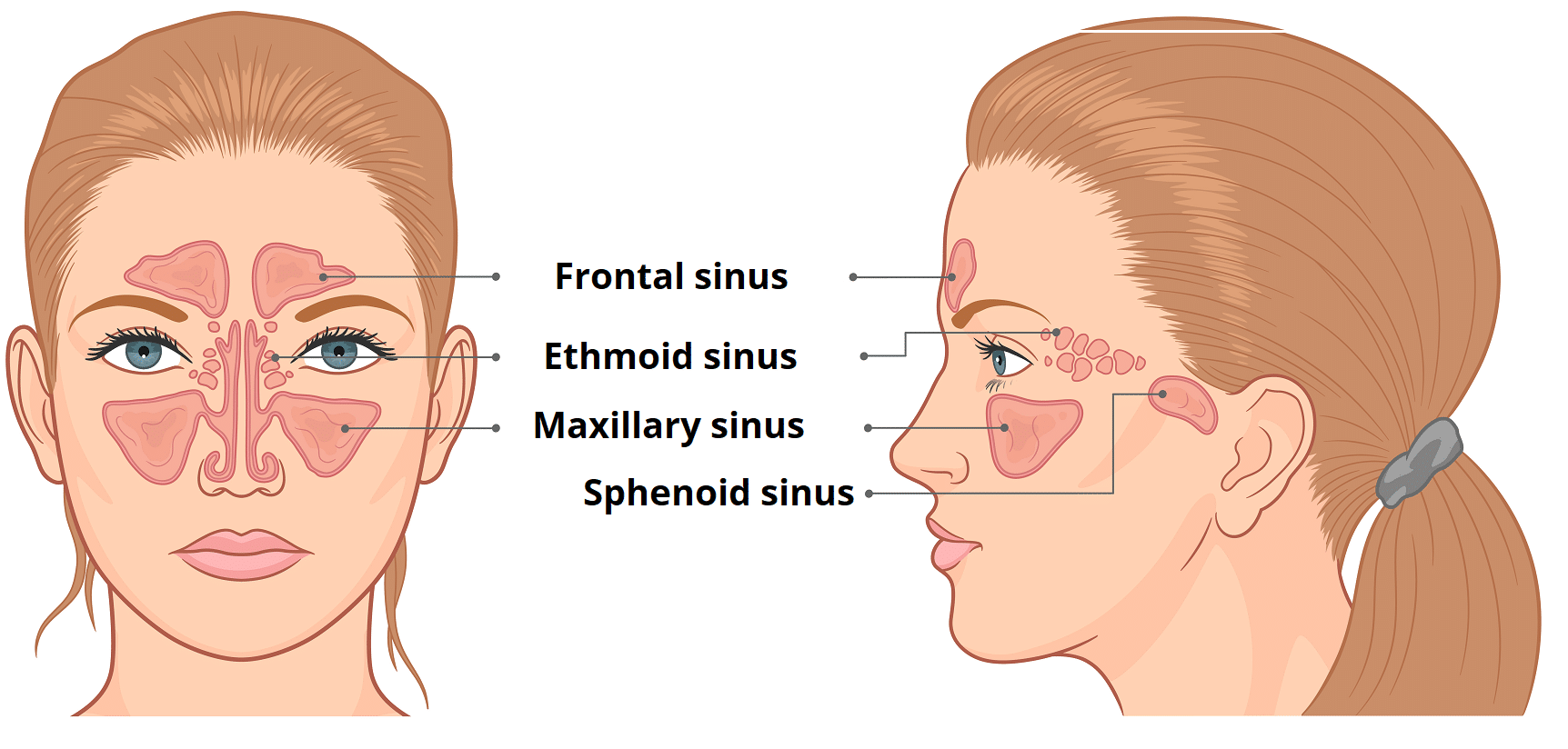



The Paranasal Sinuses Structure Function Teachmeanatomy
11 Basic Anatomy of the Nose, Paranasal Sinuses, and Face The shape and appearance of the external nose affect not only the overall appearance of the face, but also the functional processes that take place inside the nose The structural anatomy of the nose is important for both aesthetic and functional reasons, since the nose, as the gatewayAnatomy and physiology of the nose and paranasal sinuses Immunol Allergy Clin N Am 04; Warner N, Eggenberger E Traumatic optic neuropathy aSep 01, 03 · Additionally, of the three single cavity paranasal sinuses (ie, frontal, maxillary, sphenoid), it is the sinus with the most anatomic variability This complexity creates the need for a comprehensive understanding of the anatomy before surgery in and around the sinus This article reviews the embryology, physiology, and anatomy of the sphenoid




The Nose And Paranasal Sinuses Physiology And Anatomy Sciencedirect




Pin On Health Tips
Jun 01, 21 · The respiratory tract is considered to be an integrated system and whatever processes affect one also affect the other Hence, changes in the physiology of the nose and paranasal sinuses can andTrusted by 1,000,000 students & professionals Start Now Last update Dec 6th, 17 Nasal Cavity Quiz Paranasal Sinuses Learn anatomy faster and remember everything you learn Start Now Nasal Cavity Quiz Paranasal Sinuses Nose and Nasal Cavity Openings and Support Structures Nasal Cavity Quiz Surface LiningParanasal Sinuses Anatomy and Function Paranasal Sinuses Anatomy and Function HUMAN ANATOMY AND PHYSIOLOGY The Skeletal System Notes HUMAN ANATOMY AND PHYSIOLOGY The Skeletal System Notes Chapter 5 READ THIS SECTION AND TAKE ADDITIONAL NOTES ilium Alar cartilages on the nose Paranasal Sinuses Fig 711 p 165 Upper
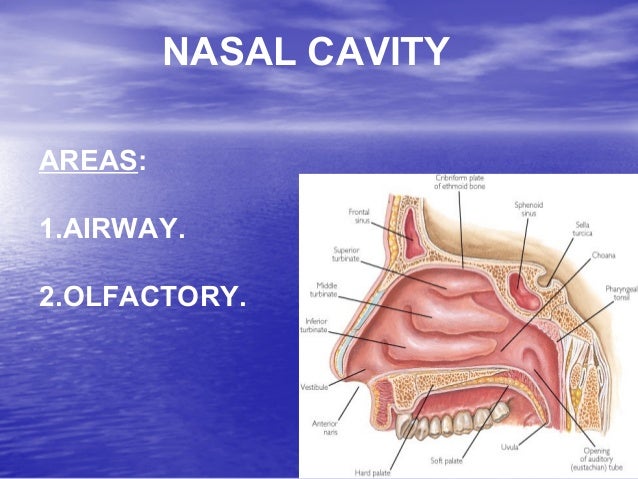



Anatomy Physiology Diseases Of Nose Paranasal Sinuses




Anatomy And Physiology Of The Nose And Paranasal Sinuses Docx د علي عبد Muhadharaty
Anatomy, Functions, and Histology of the Human Nose See online here The nose is the human body's primary organ of smell, and it functions as part of the olfactory and respiratory systems The nose, paranasal sinuses, mouth, larynx (voice box), and pharynx (throat) comprise the upper respiratory tractView This Abstract Online;May , 13 · The paranasal sinuses are airfilled extensions of the nasal cavity There are four paired sinuses – named according to the bone in which they are located – maxillary, frontal, sphenoid and ethmoid Each sinus is lined by a ciliated pseudostratified epithelium, interspersed with mucussecreting goblet cells




21 2a Nose And Paranasal Sinuses Medicine Libretexts



Nasal Physiology Carlos Gil Larocca
Oct 05, 07 · Applied anatomy and physiology of the nose and paranasal sinuses J B Watelet Corresponding Author Department of Otorhinolaryngology, University Hospital, Ghent, Belgium ENT Department University Hospital of Ghent De Pintclaan 185 B‐9000 Ghent Belgium Search for more papers by this author
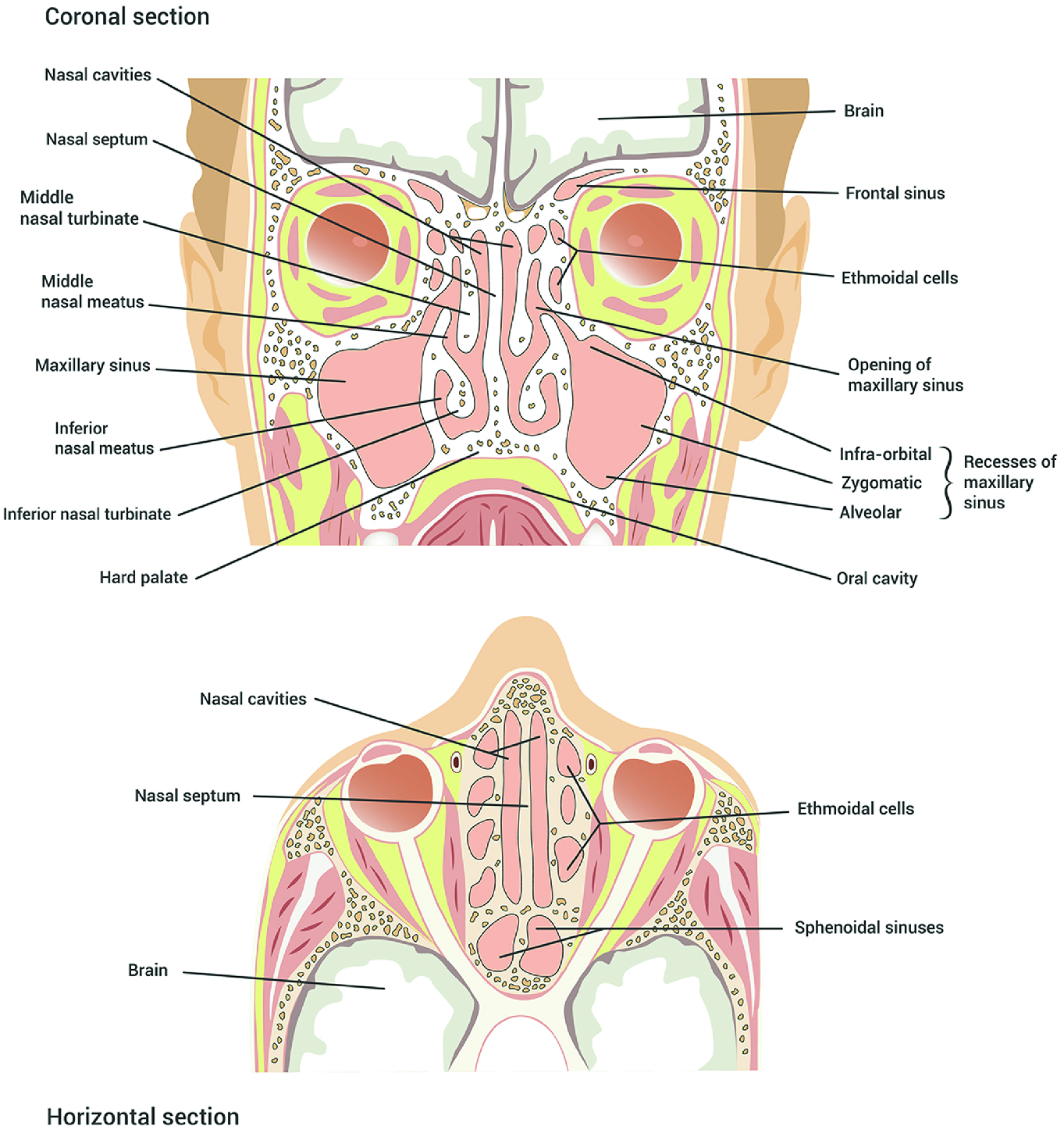



Anatomy And Physiology Of The Human Nose Springerlink




Nasal And Paranasal Sinus Anatomy And Embryology Ento Key




Development Of The Modern Otorhinolaryngology Achievements Of Modern Otorhinolaryngology Prezentaciya Onlajn



Www Orl Hno Ch Fileadmin User Upload Dokumente Veranstaltungen Sommerschule Sommerschule 18 18 Anatomy Physiology Nose Paranasal Sinuses Handout Pdf
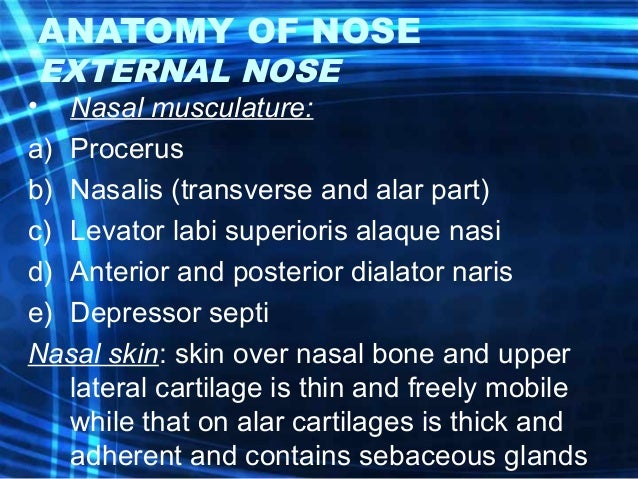



Anatomy And Physiology Of Nose And Paranasal Sinuses




The Nose And Paranasal Sinuses Physiology And Anatomy Sciencedirect
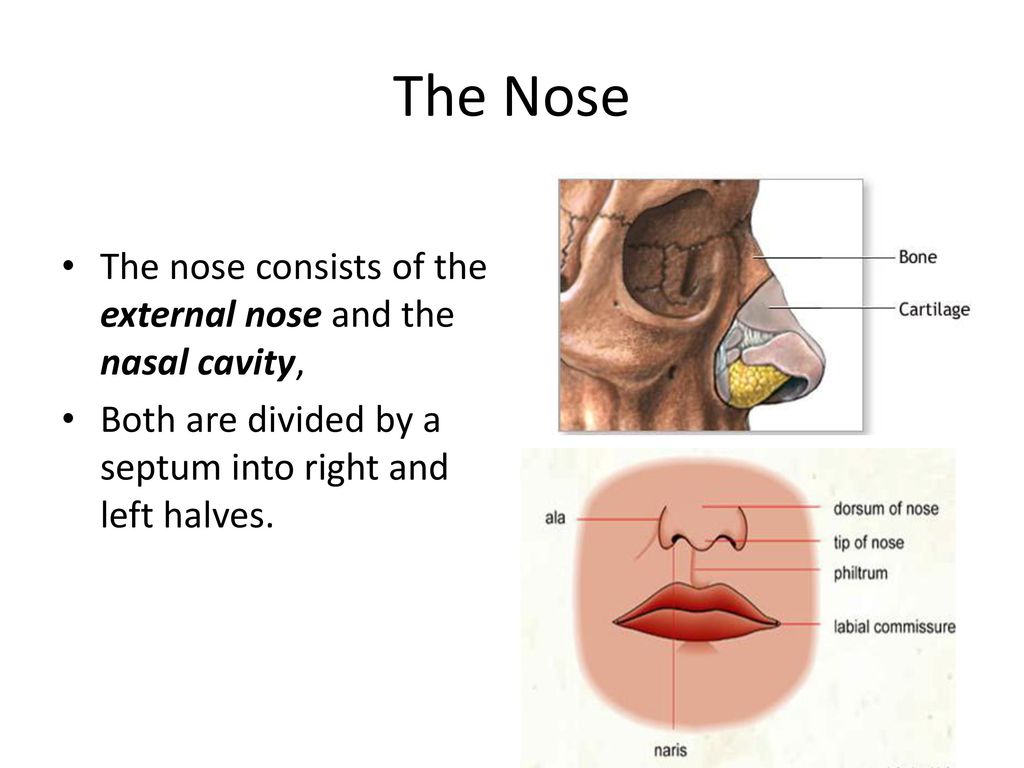



Anatomy Of Nose And Paranasal Sinus Ppt Download
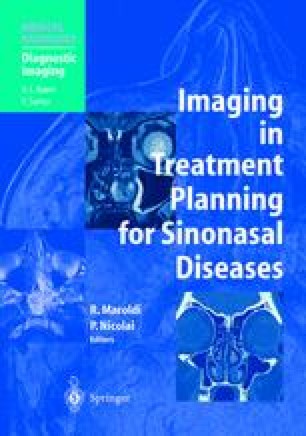



Physiology Of The Nose And Paranasal Sinuses Springerlink



Www Orl Hno Ch Fileadmin User Upload Dokumente Veranstaltungen Sommerschule Sommerschule 18 18 Anatomy Physiology Nose Paranasal Sinuses Handout Pdf



Www Orl Hno Ch Fileadmin User Upload Dokumente Veranstaltungen Sommerschule Sommerschule 18 18 Anatomy Physiology Nose Paranasal Sinuses Handout Pdf



1




Anatomy Of Nose And Paranasal Sinus Ppt Download




2 Physiology Of Nose Paranasal Sinus Youtube




Anatomy And Physiology Of Nose And Paranasal Sinuses




Pdf Physiology And Pathophysiology Of Respiratory Mucosa Of The Nose And The Paranasal Sinuses




Diagram Of Paranasal Sinuses Download Scientific Diagram



Anatomy And Physiology Of The Paranasal Sinuses Taylor Francis Group




Comparative Anatomy And Physiology Of Nose And Paranasal Sinuses Negus Ebay



1 28 Anatomy And Physiology Of The Nose
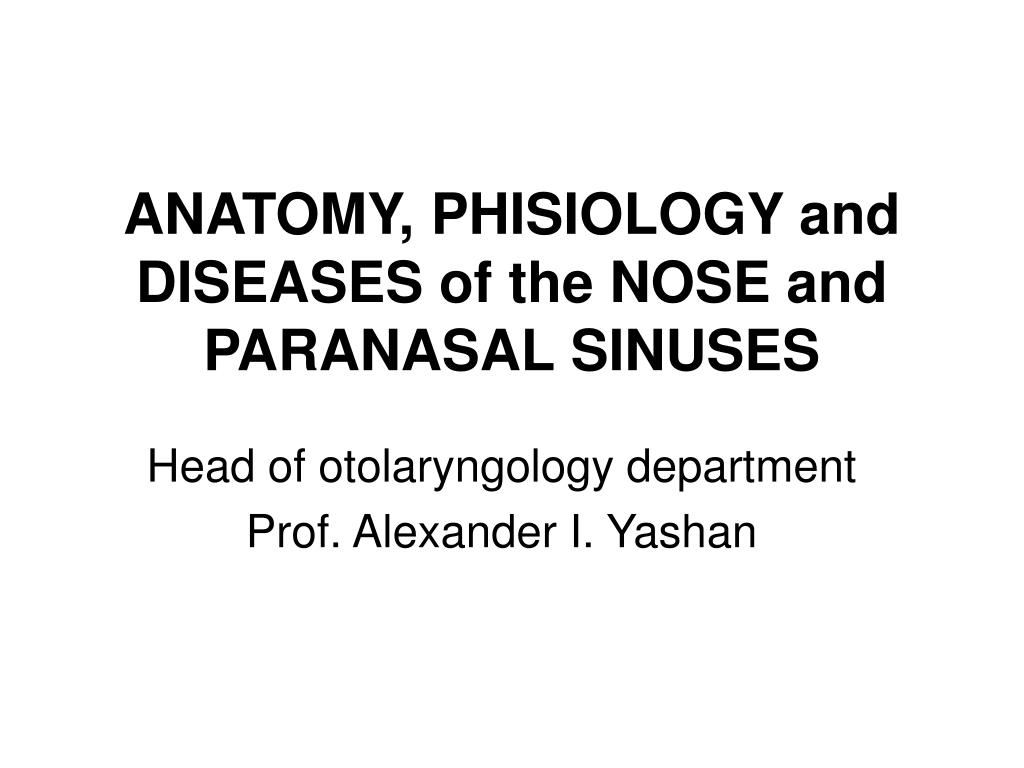



Ppt Anatomy Phisiology And Diseases Of The Nose And Paranasal Sinuses Powerpoint Presentation Id
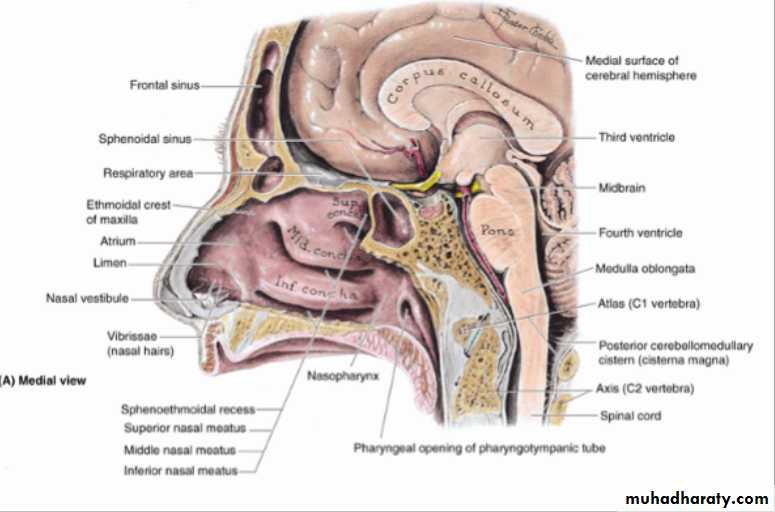



Anatomy And Physiology Of The Nose Paranasal Pptx د عبدالله ربيع الخليلي Muhadharaty
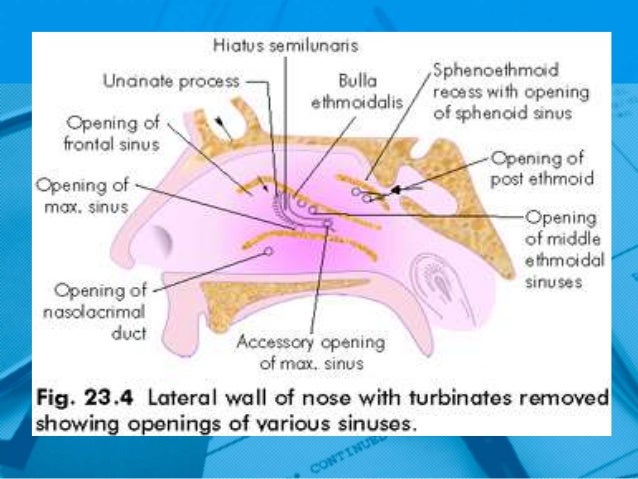



Anatomy And Physiology Paranasal Sinuses




Applied Anatomy And Physiology Of The Nose And Paranasal Sinuses Watelet 1999 Allergy Wiley Online Library




Pin On Nursing
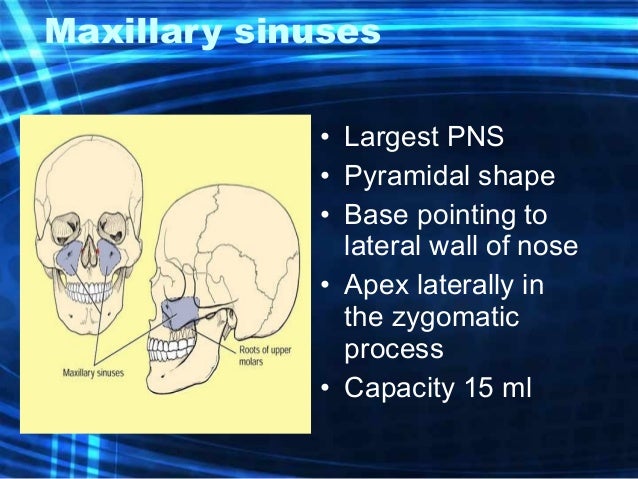



Anatomy And Physiology Of Nose And Paranasal Sinuses



Http Ksumsc Com Download Center Archive 4th 432 432 teams Ent L11 nose i edited Pdf



Www Orl Hno Ch Fileadmin User Upload Dokumente Veranstaltungen Sommerschule Sommerschule 18 18 Anatomy Physiology Nose Paranasal Sinuses Handout Pdf



Www Orl Hno Ch Fileadmin User Upload Dokumente Veranstaltungen Sommerschule Sommerschule 18 18 Anatomy Physiology Nose Paranasal Sinuses Handout Pdf



Www Immunology Theclinics Com Article S08 8561 2803 3 Pdf




Anatomy And Physiology Of The Nose And The Paranasal Sinuses Immunology And Allergy Clinics




I M Sechenov First Moscow State Medical University Ppt Video Online Download
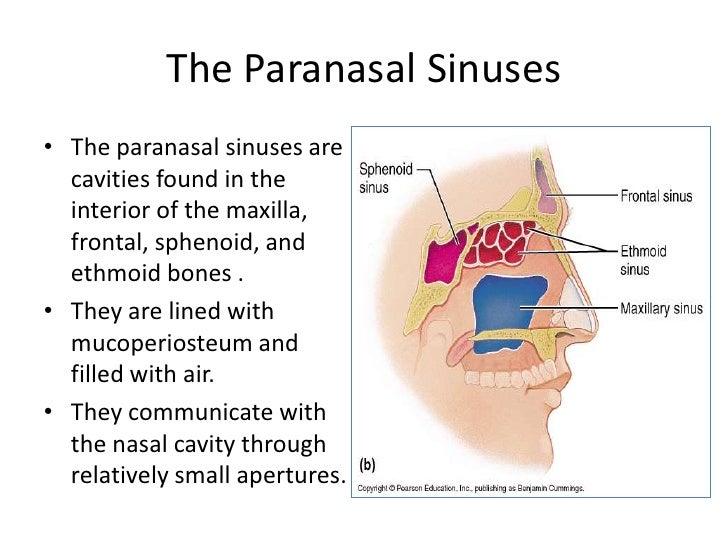



Anatomy Of Nose And Paranasal Sinus
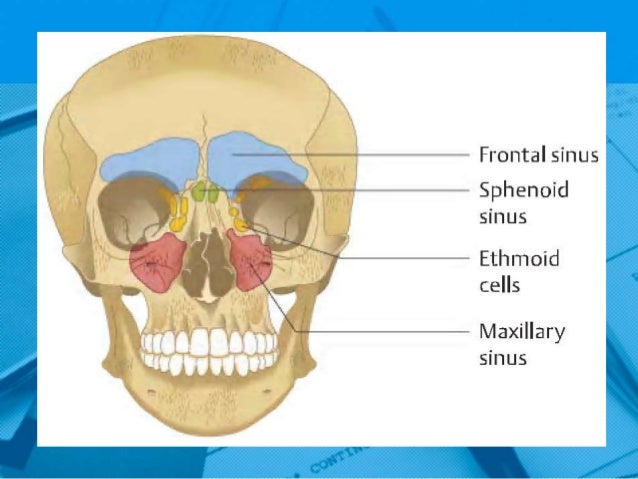



Anatomy And Physiology Paranasal Sinuses



The Comparative Anatomy And Physiology Of The Nose And Paranasal Sinuses Sir Victor Negus Google Books



1




Comparative Anatomy And Physiology Of The Nose And Paranasal Sinuses Postgraduate Medical Journal




The Nose And Paranasal Sinuses Physiology And Anatomy Sciencedirect



Www Immunology Theclinics Com Article S08 8561 2803 3 Pdf
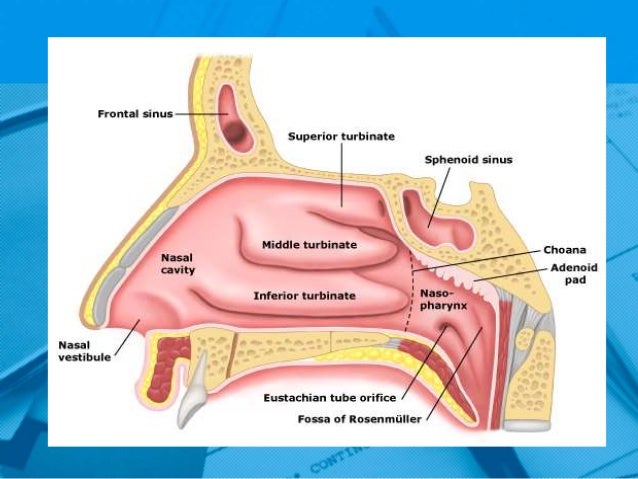



Anatomy And Physiology Paranasal Sinuses




Nose And Paranasal Sinuses Ento Key
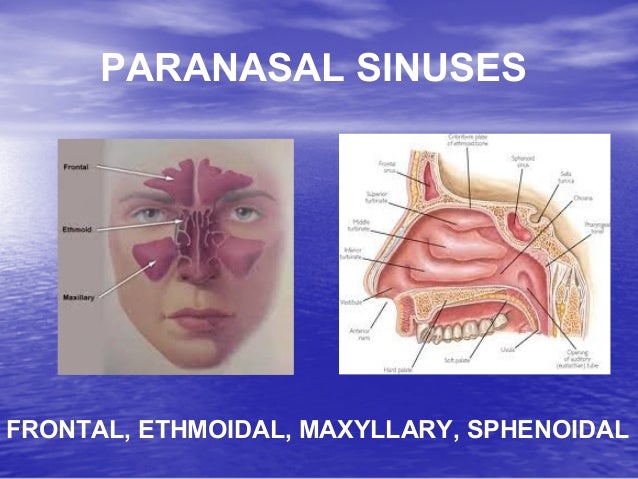



Anatomy Physiology Diseases Of Nose Paranasal Sinuses




Development Of The Modern Otorhinolaryngology Achievements Of Modern Otorhinolaryngology Prezentaciya Onlajn



Nose And Paranasal Sinuses Structure And Function Organization Of The Respiratory System
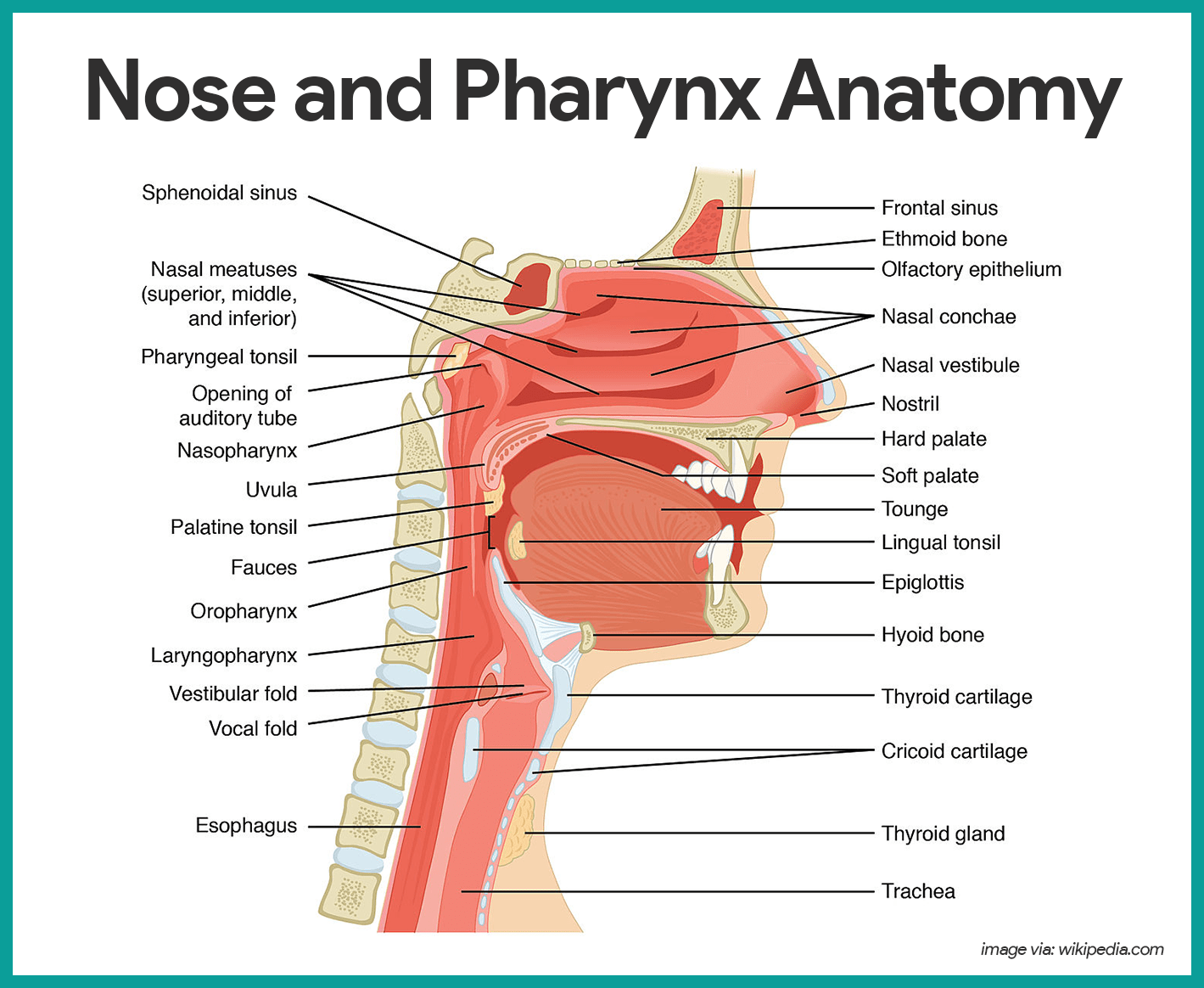



Respiratory System Anatomy And Physiology Nurseslabs




Pdf Anatomy Of Paranasal Sinuses



Nose And Paranasal Sinuses Structure And Function Organization Of The Respiratory System




Pin On Glandular Odontogenic Cysts
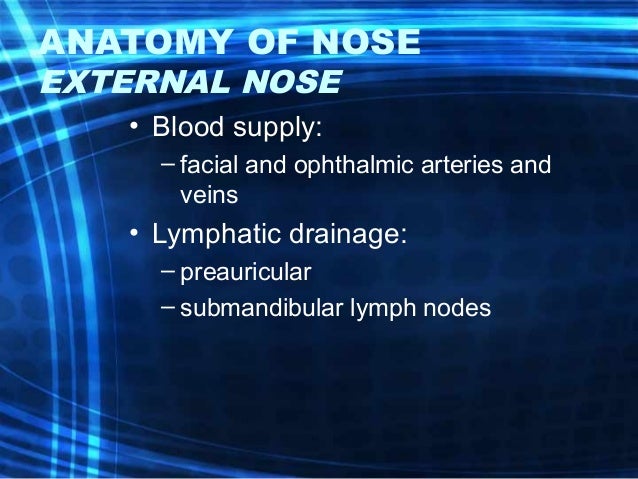



Anatomy And Physiology Of Nose And Paranasal Sinuses




Nose Description Functions Facts Britannica




Pin On Nasal Anatomy



1
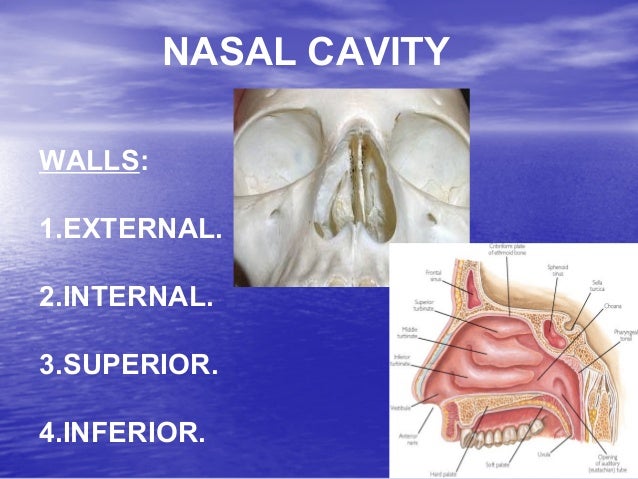



Anatomy Physiology Diseases Of Nose Paranasal Sinuses




Nasal Sinus Anatomy Anatomy Drawing Diagram




Ent Applied Anatomy Physiology Of Nose Paranasal Sinuses Youtube
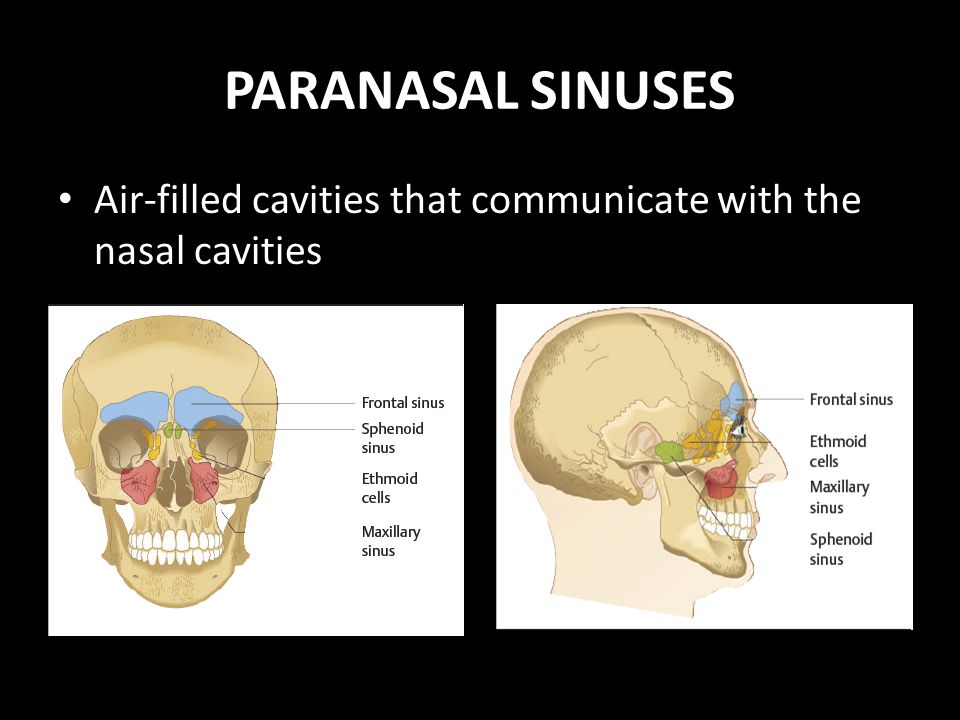



Paranasal Sinuses Anatomy Physiology And Diseases Ppt Video Online Download




Comparison Of Human And Rabbit Sinus Anatomy Download Scientific Diagram
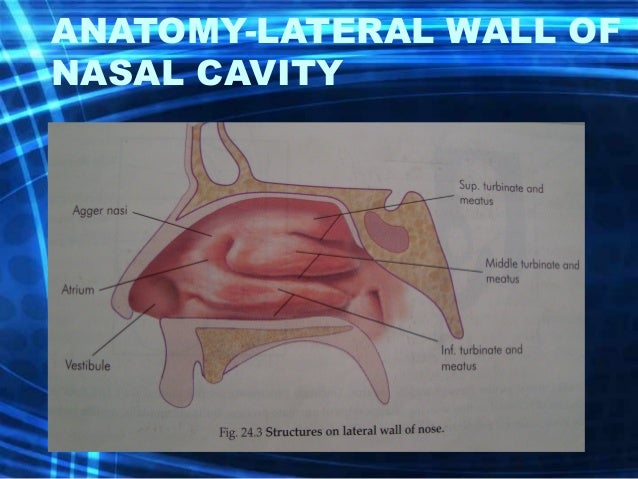



Anatomy And Physiology Of Nose And Paranasal Sinuses




Ent 1b02 Anatomy And Physiology Of The Nose And Paranasal Sinuses Human Nose Mucus




Paranasal Sinuses Anatomy Physiology And Diseases Ppt Video Online Download




Anatomy And Functions Of The Paranasal Sinuses Youtube




4 0 Anatomy And Physiology Of The Nose And Paranasal Sinuses Ento Key




Pin On Paranasal Sinuses




Nasal And Paranasal Sinus Anatomy And Embryology Ento Key



Www Immunology Theclinics Com Article S08 8561 2803 3 Pdf



Www Orl Hno Ch Fileadmin User Upload Dokumente Veranstaltungen Sommerschule Sommerschule 18 18 Anatomy Physiology Nose Paranasal Sinuses Handout Pdf



Http Onlinelibrary Wiley Com Doi 10 1111 J 1398 9995 1999 Tb X Pdf Jsessionid 1748bcc624a7c3ee1526cd4cadf991cf D04t04




The Nose And Paranasal Sinuses Physiology And Anatomy Sciencedirect




Pdf Nasal And Paranasal Sinuses Of The Donkey Gross Anatomy And Computed Tomography




4 0 Anatomy And Physiology Of The Nose And Paranasal Sinuses Ento Key



Www Orl Hno Ch Fileadmin User Upload Dokumente Veranstaltungen Sommerschule Sommerschule 18 18 Anatomy Physiology Nose Paranasal Sinuses Handout Pdf




Ppt Anatomy Of Nose Paranasal Sinuses Powerpoint Presentation Free Download Id



Http Onlinelibrary Wiley Com Doi 10 1111 J 1398 9995 1999 Tb X Pdf Jsessionid 1748bcc624a7c3ee1526cd4cadf991cf D04t04




Pharmaceutics Free Full Text Drug Eluting Nasal Implants Formulation Characterization Clinical Applications And Challenges Html




Jaypeedigital Ebook Reader




4 0 Anatomy And Physiology Of The Nose And Paranasal Sinuses Ento Key




21 2a Nose And Paranasal Sinuses Medicine Libretexts
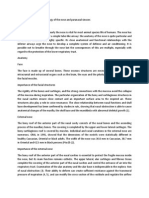



Anatomy And Physiology Of The Nose And Paranasal Sinuses Human Nose Olfactory System



Uomustansiriyah Edu Iq Media Lectures 2 2 16 12 14 10 17 22 Am Pdf




Ent 1b02 Anatomy And Physiology Of The Nose And Paranasal Sinuses Human Nose Mucus
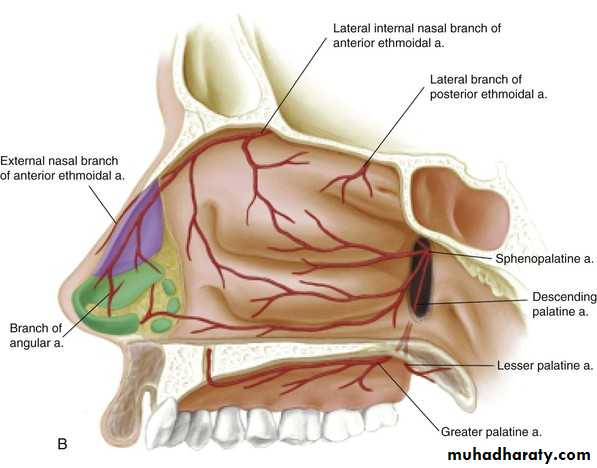



Anatomy And Physiology Of The Nose And Paranasal Sinuses Pptx د علي عبد Muhadharaty


コメント
コメントを投稿